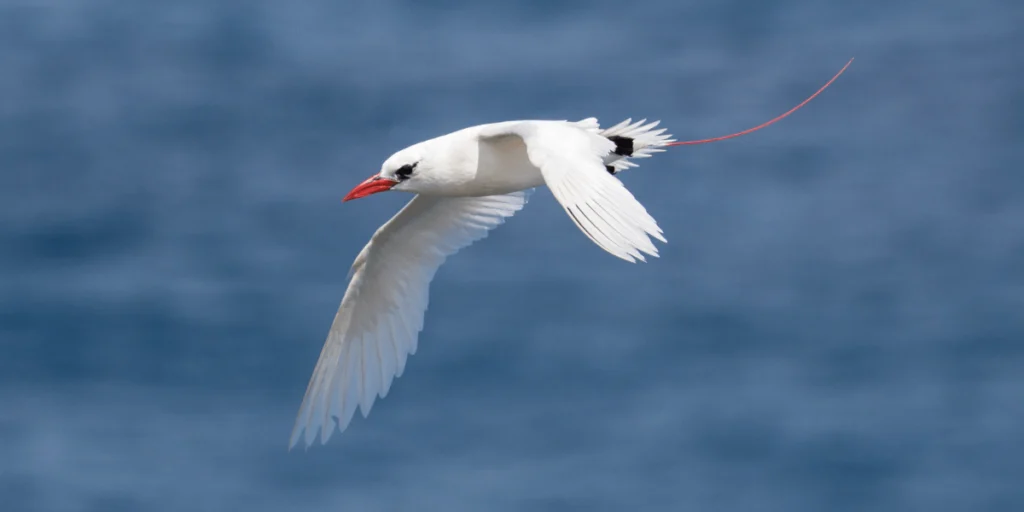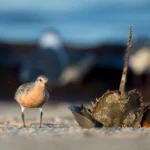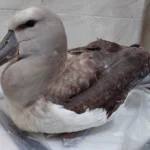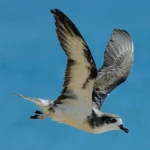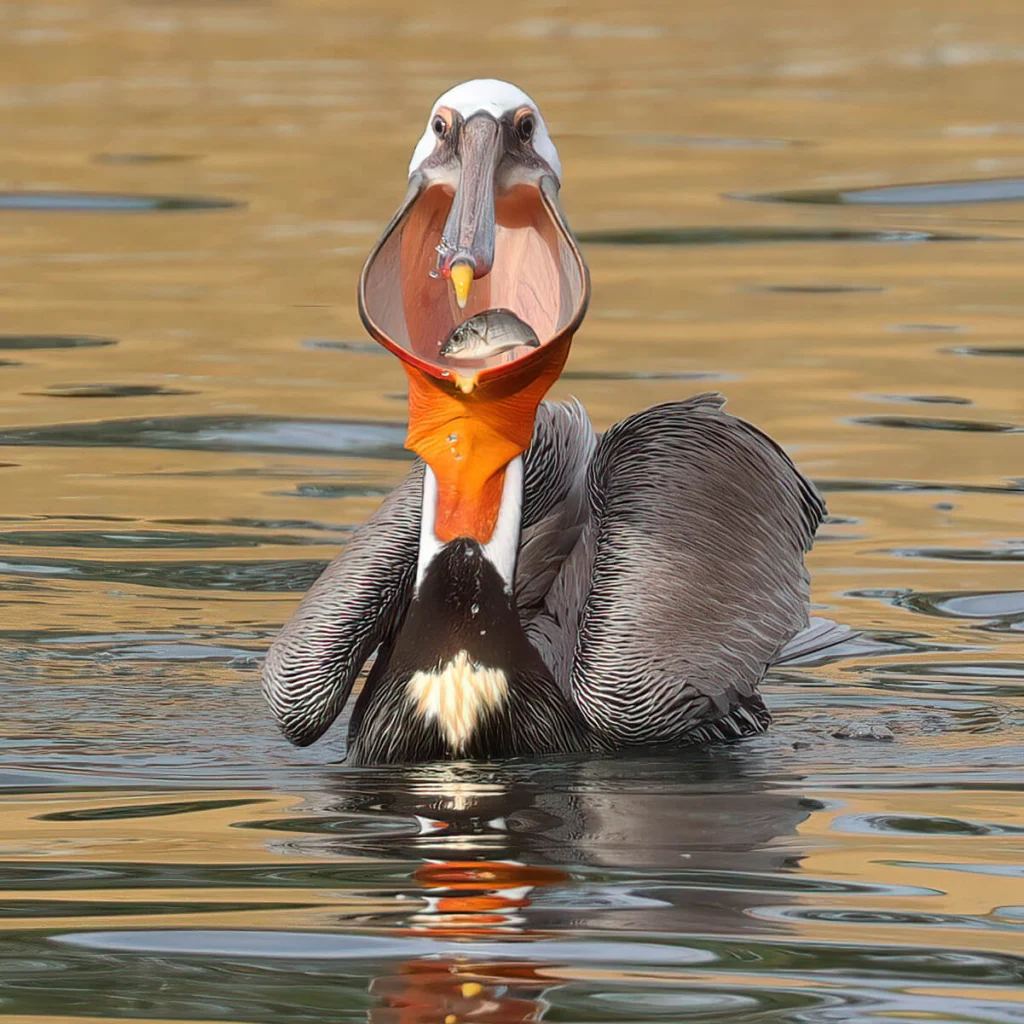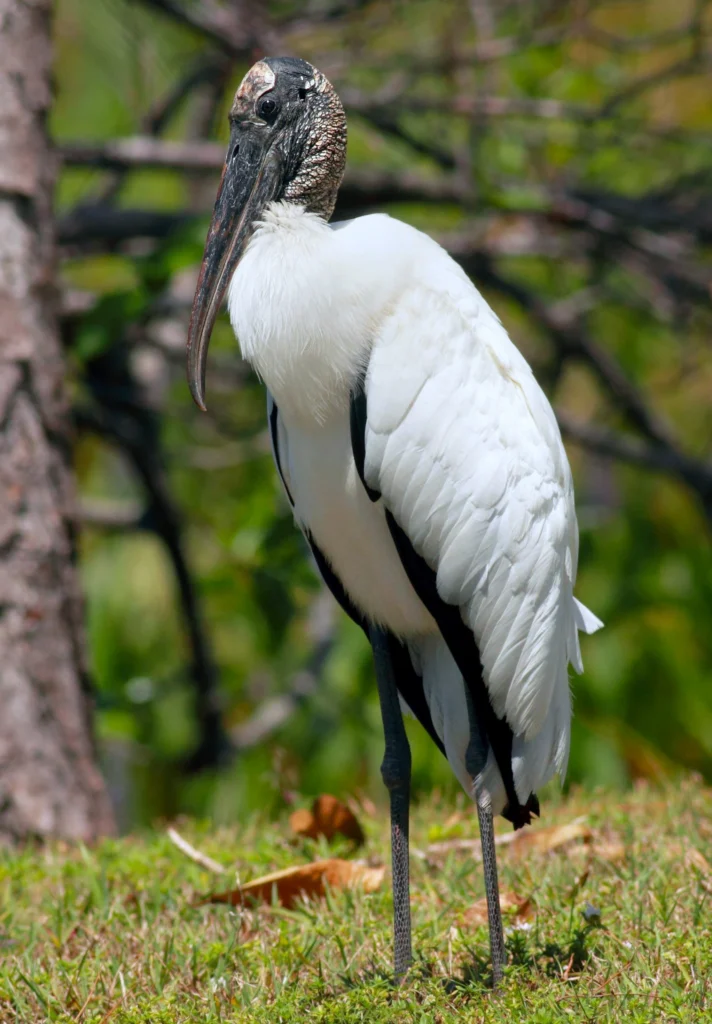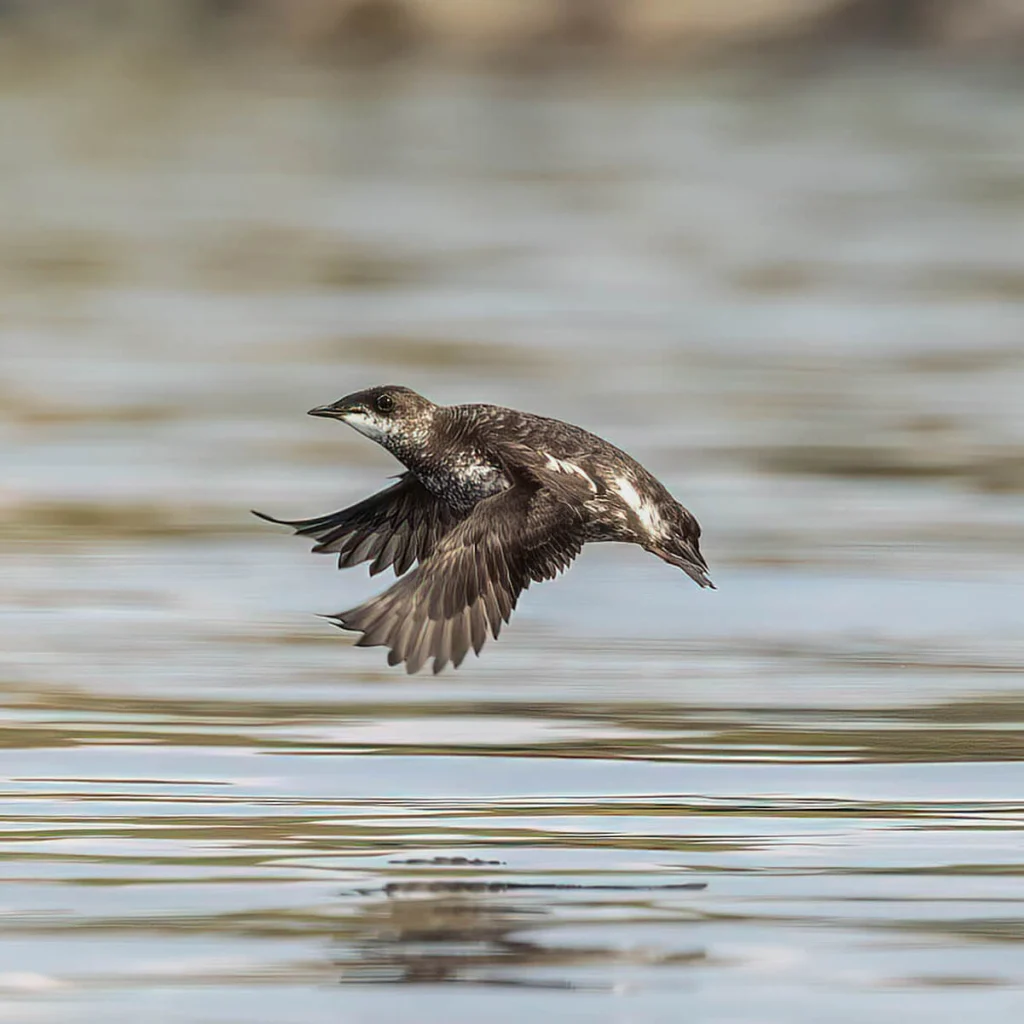The U.S. Department of the Air Force (DAF) recently issued a notice proposing the construction and operation of two commercial rocket landing pads on Johnston Atoll National Wildlife Refuge, home to nearly 1.5 million seabirds of 15 species, including the world’s largest colony of Red-tailed Tropicbirds (Koaʻeʻula). American Bird Conservancy (ABC) is concerned about the exceptionally high risk to birds and wildlife, and requests that the DAF look for an alternative site that isn’t as critically important for sensitive species.
“Installing rocket landing pads on Johnston Atoll cannot occur without significantly disrupting wildlife and harming the important bird colonies found there,” said Michael J. Parr, President of ABC. “Decades of U.S. conservation investment have made this a crucial nesting haven for many seabirds – which are among the fastest declining and most endangered groups of birds worldwide.”
Johnston Atoll (known as Kalama Atoll to Native Hawaiians) is one of the most isolated coral reef atoll formations in the world, located approximately 715 nautical miles southwest of Hawaiʻi. For nearly a century, it has served various roles for the United States, including as a military base and wildlife refuge.
Designated as a refuge for native birds in 1926, the area was later damaged by nuclear weapons testing and the disposal of chemical weapons. The military left the atoll in 2004, after removing most buildings and closing its airstrip, making boat transport the only way to access it. At that time, the U.S. Fish and Wildlife Service initiated programs to restore the refuge, including eradicating invasive species such as the yellow crazy ant, which was introduced through human transport and swarmed over ground-nesting seabirds, often causing their deaths.
The small islands comprising the atoll have since become essential nesting habitat for tropical seabird species including the Red-footed Booby (‘Ā), Red-tailed Tropicbird, and Sooty Tern (‘Ewa‘ewa). Adult seabirds forage for food, flying thousands of miles nonstop out across open water, and the atoll is the only terrestrial seabird nesting habitat in over 570,000 square miles of ocean – the only land many of these birds will ever know.
“Johnston Atoll is one of the few bright spots around the world where seabird populations have actually been increasing,” said Brad Keitt, Oceans and Islands Director at ABC. “While numbers on Johnston are going up, seabird populations globally have declined by more than 70 percent since 1950. Seabirds need undisturbed islands without invasive predators to breed, and there simply are not that many places like this remaining in the world.”
Since 2004, Johnston’s seabird colonies have experienced a significant recovery. The population of Red-footed Boobies now numbers over 5,000 pairs at this atoll alone, making it one of the most critical colonies in the Central Tropical Pacific for this species. The Red-tailed Tropicbird population has undergone the most spectacular recovery of any of Johnston’s bird populations. Numbering less than 70,000 individuals worldwide, recent counts put the atoll colony at nearly half of the species’ entire global population.
Being at the center of one of the last truly wild, healthy ocean ecosystems on Earth, the atoll also has invaluable cultural significance for Native Pacific Islanders’ cross-oceanic migration and voyaging traditions. “As a Native Hawaiian, I am deeply concerned by the proposed military rocket testing on Kalama,” said ABC’s Ben Catcho. “We must take urgent action to protect our environment, and ensure these fragile ecosystems and birds are preserved for future generations.”
The proposed 10 rocket landings per year would pose serious ecological risks, including hazardous debris, contamination, noise pollution, and other impacts from potential failures and explosions. In addition, opening Johnston’s airstrip to planes would destroy the ground-nesting seabird colonies that have reclaimed the entire runway. Bird strikes also pose a risk to planes, and incoming flights could lead to the accidental introduction of additional, damaging invasive species.
A Draft Environmental Assessment (EA) with a Draft Finding of No Significant Impact (FONSI) is anticipated for public review in the near future. ABC believes that a FONSI overlooks major negative impacts to the region’s birdlife, and is requesting that the DAF prepare a full Environmental Impact Statement to better assess the potential hazards posed by the project.
Seabirds are essential because their droppings nourish entire ocean and island ecosystems across the globe. Yet they face many other hazards, including overfishing, plastics pollution, rising seas, and disorientation from power lines and artificial light. To learn how to help, visit ABC’s Oceans and Islands Program.
